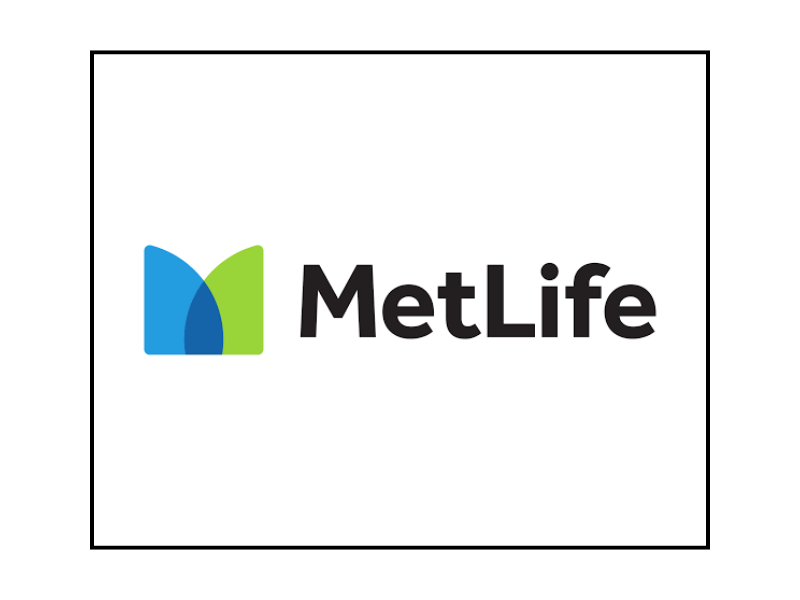Are you a fresher or early-career developer eager to launch your tech journey? MetLife Jr. Software Platform Engineer Hiring is the perfect opportunity to work with global teams and cutting-edge technologies such as Java, Spring Boot, Microservices, and React.
This opportunity is open to fresh graduates and professionals with up to 3 years of experience, making it ideal for those who want to gain exposure to both backend and frontend technologies.
Job Details
Job Title: Jr. Software Platform Engineer
Company: MetLife
Experience: 0–3 Years
Qualification: Bachelor’s degree in Computer Science, Engineering, Finance/Accounts, or related field
Location: India
Technologies Required:
- Core Java, Java 8, Advanced Java
- Spring Framework, Spring Boot, Spring Cloud
- Microservices, Message Queues
- MongoDB, Redis, NoSQL Databases
- Docker, Jenkins, Bamboo
- CI/CD Pipelines, Maven, Gradle
- JavaScript, ES6, ReactJS, AngularJS, Node.js
Click Here To Apply
For more Jobs Follow Apply4jobs
Interview Preparation: Java Developer (0–3 Years)
Section 1: Core Java Questions
Q1. What is the difference between == and .equals() in Java?
==compares memory references..equals()compares object content.
Q2. What are the main features of Java 8?
- Lambda Expressions
- Stream API
- Default and Functional Interfaces
- Optional Class
- Date and Time API
Q3. What is a constructor in Java?
- A special method to initialize objects
- No return type
- Called once during object creation
🔹 Section 2: Spring Framework & Spring Boot
Q4. What is Spring Boot?
A fast way to create stand-alone apps with embedded servers and starter dependencies.
Q5. Differences: Spring vs Spring Boot
| Feature | Spring | Spring Boot |
|---|---|---|
| Setup | Manual | Minimal |
| Server | External | Embedded |
| Dependency Mgmt | Manual | Starter-based |
| Startup | Slower | Faster |
Q6. What is Dependency Injection?
Injecting external dependencies into classes instead of creating them inside the class.
🔹 Section 3: Microservices & DevOps Tools
Q7. What is a Microservice?
A small, independently deployable service that handles a specific business function.
Q8. Benefits of Microservices:
- Modular
- Scalable
- Easier debugging
- Faster deployment
Q9. Why use Docker?
Docker ensures consistent environment setups by packaging your Java app

